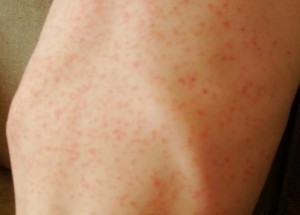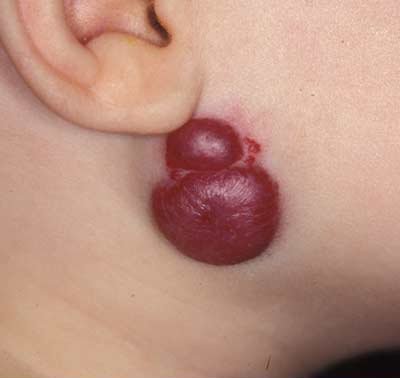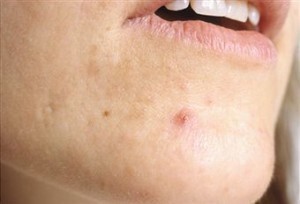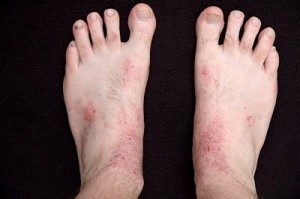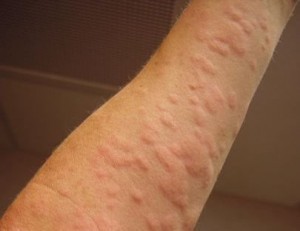Treatment for Thrush
Oral thrush occurs when the fungus Candida albicans builds up at the mouth lining. White lesions will appear at the inner cheeks or the tongue. The appropriate thrush treatment will depend on the patient’s age, health status and the cause.
For Nursing Mothers and Babies
For infected breast feeding mothers, both mother and baby must be treated. Doctors may recommend mild antifungal medication for the infant. For the mother, an antifungal cream can be applied to the breasts.
For babies feeding on bottles or pacifiers, mix equal parts of vinegar and water. Rinse the pacifiers and nipples there. Let it dry. A breast pump should be cleaned using equal parts vinegar and water.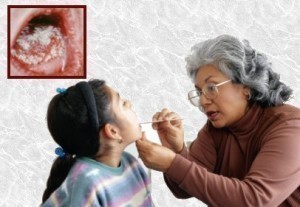
For Children and Adults
The best remedies are acidophilus capsules or consuming unsweetened yogurt. These will not destroy the fungus. However, they will reduce the infection by bringing back the bacterial flora in the body. If the infection remains, an antifungal medication can be prescribed by your doctor. Take the medication based upon the doctor’s recommended dosage.
For Adults with Poor Immune Systems
Antifungal medications are the usual cure. There are several types available, including tablets and lozenges that you swish and swallow.
The Candida albicans fungus can develop resistance to thrush treatments like antifungal medications. This can happen especially with people afflicted with late stage HIV. In this case, amphotericin B may be used. Amphotericin B is used only if the other medications do not work.
Make sure you get blood and liver tests before using antifungal medications. These have been known to cause liver damage on some patients when used extensively.
Symptoms in Adults and Children
These symptoms manifest suddenly and can include white lesions on the tonsils, roof of mouth, tongue and inner cheeks. These abrasions resemble cottage cheese and can be painful. These may bleed if scratched.
The sense of taste is reduced or lost. The corners of the mouth will start to crack. Serious cases result in the lesions getting into the esophagus. This is the tube that extends from the back of the mouth all the way to the stomach. If this occurs, the patient will have a hard time swallowing.
Symptoms in Breast Feeding Mothers and Infants
Babies will also have the creamy white lesions at the mouth. The baby will be irritable. The infection can be passed to the mother during breast feeding.
Women with infected breasts will have red itchy nipples. The areola will have flaky skin. Pain will be felt when nursing. Pain in the breasts may be experienced.
Cause
The infection occurs when the immune system is weakened by medication or illness. Illnesses that weaken the immune system include (but not limited to) AIDS, cancer, diabetes and vaginal yeast infections. Antibiotics can also weaken the immune system by creating an imbalance between the microorganisms present in the body.
Thrush treatments should be administered when the problems appear. They are usually not serious. However, they can lead to complications especially among pregnant women and those with weak immune systems.


